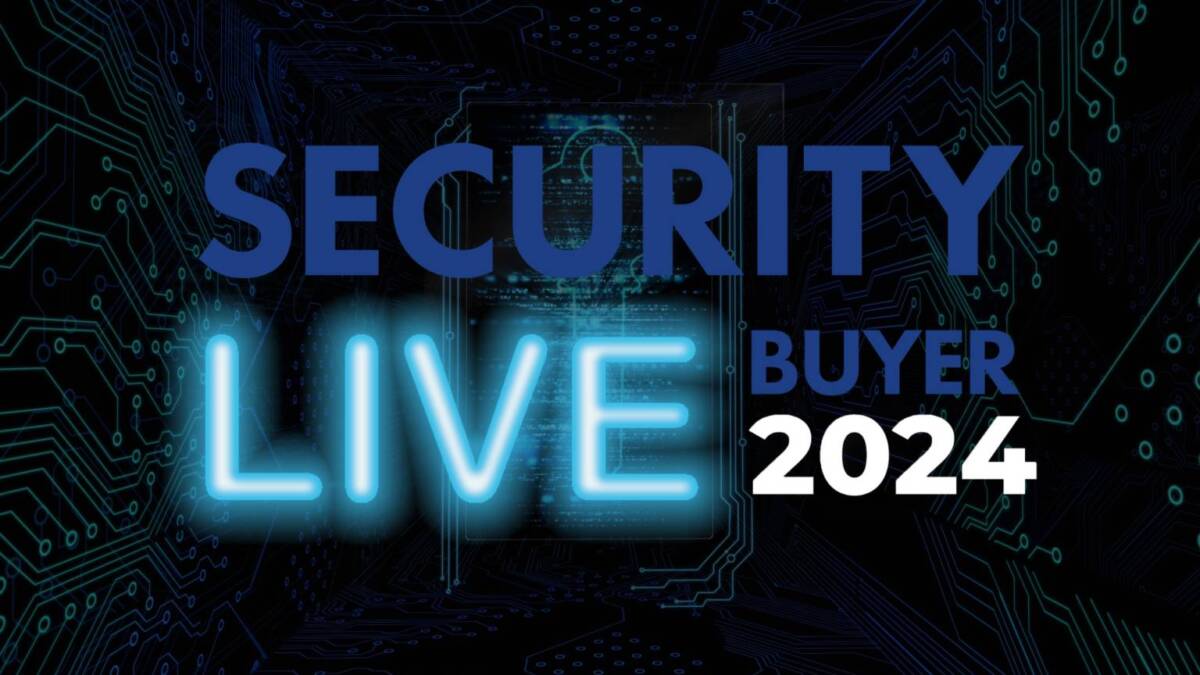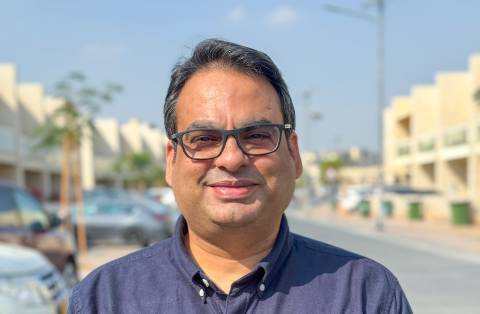Fears raised as British public remains too passive regarding suspicious behaviour
A new survey has caused concerns after revealing that close to a third of the British public wouldn’t raise the alarm if they noticed suspicious behaviour that could be potentially security-threatening.
The study was conducted by independent survey company OnePoll on behalf of leading aviation, maritime and rail industry annual event Transport Security Expo (www.transec.com); which this year has added Major Events and Secure Transportation modules. The research has highlighted that despite impressive advances in security technology and systems being showcased at the conference – such as enhanced CCTV analytics– there is still a need for members of the British public to be proactive when noticing something out of the norm.
For the survey, 2,000 people across the country were presented with two scenarios and given a choice of responses for how they would react. The first scenario proposed if for a period of time respondents noticed odd occurrences at a neighbouring house or vehicle; for example strong and unusual odours, blinds drawn day and night, and/or large quantities of unusual equipment or items being delivered at strange hours.
Whilst a proactive 29% said they would phone the police and an even more encouraging 44% would call a confidential tip line, close to a quarter (22%) would simply do nothing: either because they consider it ‘none of their business’ (13%) or because they wouldn’t know what to do (9%).
The second scenario asked what the individuals polled would do if they noticed a person acting suspiciously in a crowded public place such as a train/bus station or shopping centre – for example taking furtive notes or photos. Whilst a proactive half (54%) said they would approach a nearby member of staff or authorities with their concerns and 13% would ring a confidential tip line, a staggering 30% would do nothing: either because it’s ‘none of their business’ (19%) or because they wouldn’t know what to do (10%).
Dr. Dave Sloggett is a member of Transport Security Expo’s Advisory Board, which also boasts top names such as ex-Security Minister Admiral Lord West and the Home Office Director for Security Industry Engagement Stephen Phipson. Dr. Sloggett, who has over 40 years’ experience in the military and law enforcement sectors, specialising in the field of intelligence analysis and human behaviour working closely with NATO, feels that despite hugely impressive technological advances in checkpoint security, body scanning, CCTV analytics and database integrations such as those exhibiting at the show in London Olympia this December, nothing can replace the eyes of the public.
He says:
“The public play a key role in being the ears and eyes on the street for the national security effort during major events, on transport networks and on a day-to-day basis in general. It is vital that they do something – even if it’s just ringing a confidential tip line – when they notice suspicious behaviour that could threaten the security of people or goods. This survey reveals that there is still a significant percentage that don’t know how to react, or feel it’s ‘none of their business’, which is an attitude which could be no less than catastrophic.”
Transport Security Expo will offer the opportunity to look at lessons from the past, actions for the present and what the future of transport and events security will hold as it provides a wide range of world-class speakers at its December 2 and 3 free-to-attend event. The conferences focusing on ensuring the safe movement of people and goods will explore topics such as the legacy of London 2012, transport and logistics at the Glasgow 2014 Commonwealth Games, an analysis of securing the Isle of Wight Festival and an outlook report on the current global threat posed to major events and transport critical infrastructure, including cyber crime.
New technologies in the CCTV and video surveillance worlds are stand-outs at this year’s event with facial recognition and video analytics playing a key role. IndigoVision Services are a key provider with the UK Government and System Architect Tom Frame sees a fast progressing future for the area.
Frame says:
“Over the last five years the core functions of analytics have remained largely the same but the main difference is the increased processing power and the movement of analytics from back-end servers to those running ‘at the edge’, in other words, inside the actual IP cameras. Further to that, improvement in facial recognition means that this will move from the realms of science fiction to reality.”
Nevertheless the requirement for public vigilance will remain a key. Peter Jones, CEO of Transport Security Expo organisers Nineteen Events, adds:
“Our annual event is a showcase for the absolute cutting-edge in products and services for transport security and despite the technology on display being breathtaking, we can’t escape the importance of people helping us keep them and their goods safe.”
Transport Security Expo is free to attend and takes place 2-3 December 2014 at Olympia, London. Visit www.transec.com for details on how to attend and exhibit.












